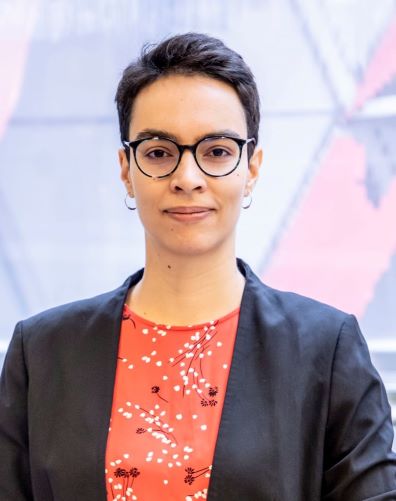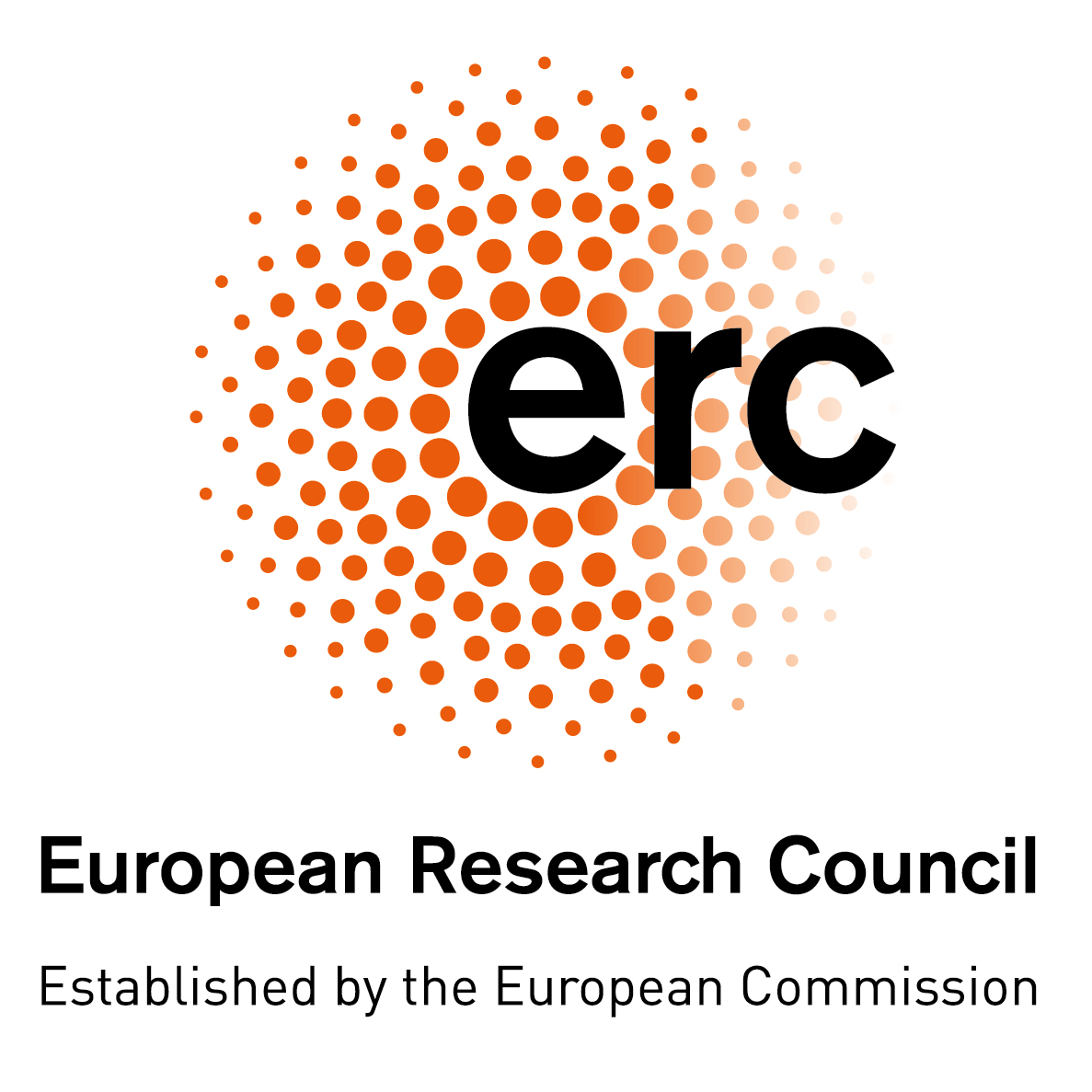In the final issue of our series of interviews to ETHNICGOODS’ Postdoctoral Researchers we interview Juliette Crespin-Boucaud. Juliette joined the team in October 2021. We are excited to meet you, Juliette!
Question: Juliette, what do you think about these first months in Barcelona? Is the city living up to your expectations?
Answer: Before moving here, I was excited about discovering a new city and country, learning a new language, and living closer to the mountains. I had not expected Barcelona’s food scene to be so vibrant and the food to be so delicious. So I was looking forward to discovering more good restaurants!
A few months into the new position in ETHNICGOODS, I can say that I enjoy spending time outdoors, perhaps to make up for the time spent working at my desk. Walking in Barcelona is pleasant and I have been exploring the city since I moved here. I just joined a bike workshop to put together a bike – I was involved in such a workshop in Paris – and I am slowly learning more DIY words in Spanish. I am also a voracious reader and got a library card as soon as I could. Let’s see when I will be able to enjoy Catalan literature!
Let us learn a little about your academic background. You arrived to ETHNICGOODS after obtaining a PhD in Economics. What motivated you to choose this particular path?
Indeed, this might not be the most common academic path! I joined a program that taught social sciences, humanities, and mathematics (ENS Paris-Saclay) and graduated with two undergraduate degrees one in Sociology (Paris-4) and one in Economics (Paris-1) in 2012. During my Sociology degree, I wrote a dissertation on how new militants of the Front National became part of the party. Working on socialization processes within political parties got me interested in how identities are produced and maintained by individuals, groups, and institutions. This was the first step on the road that lead me to ETHNICGOODS! After my undergraduate studies, I considered pursuing a career in public policy and hence I completed a Master’s degree in Economics (Public Policy and Development) at the Paris School of Economics (PSE). My dissertation focused on interethnic marriages in Ghana and Kenya, a topic that allowed me to link my interest in development issues to my curiosity about identity-related issues. I found the topic so fascinating that I then engaged in PSE’s PhD program under the direction of Denis Cogneau. As readers might have guessed, my dissertation focused on ethnicity and marriages in African countries.
You mention that you were interested in a policy-oriented career. What motivated the election of an academic one?
I started my Master’s degree thinking that I might then work for an INGO or in a policy-oriented job. I then did an internship at Save the Children UK to see how research and evaluation were done in large INGOs. While the work they do – and that other (I)NGOs do – matter, I felt that it is too great a responsibility to make policy decisions. Having studied public policy evaluation, I would be too worried about the unintended consequences of policy decisions. I am more interested in generating knowledge that could be helpful for policymakers. I also believe that non-academic careers require for the most part to be less detailed-oriented than I am. Last, I greatly appreciate the freedom of choosing one’s research topic!
That is very fortunate for us!
Where do you identify the synergies between your career so far and the ETHNICGOODS project?
The themes of the project ETHNICGOODS extend those of my PhD research, namely how social identities are formed and maintained by individuals, groups, and institutions. In my postdoctoral research, I plan to explore how nation-building policies affected how individuals define their own identity (or identities) and whether these policies let to spatial segregation or integration of populations. The core of the project is about state policies but I would like to bring in the spatial and subnational dimensions of both (self-)identification and public good provision.
My interest in the project also stemmed from the fact that it relies on mixed-method and interdisciplinary approaches. I had worked as a Project Research Fellow in the Spatial Inequalities in African Political Economy project (LSE) in 2020-2021 and was looking for another position that would allow me to work in a multidisciplinary team.
ETHNICGOODS aims at drawing a new paradigm regarding the relationship between ethnic diversity and the provision of public goods. If successful, the project is likely to effect change at different levels beyond pure academic production (for instance, it could contribute to debunking some of the arguments behind nativist movements that are gaining force worldwide). How relevant is this aspect to you?
My home country, France, is still agitated by the recent presidential election. The topics of identity (what does it mean to be French?), immigration, and public good provision are fiercely debated. Having worked on intermarriages in African countries to debunk some of the claims made regarding the salience of ethnicity, I would love to believe that the knowledge generated by the project could counteract some of the hateful and harmful claims put forward by nativist movements. Unfortunately, I am not optimistic enough to think it would be the case. Throughout my undergraduate research, I witnessed how Front National militants were selectively using academic evidence that suited them (books by the French demographer Michelle Tribalat). Such selective use of academic references is, I believe, common among militant groups: I doubt those pushing nativist agendas will stop to consider evidence that does not fit their agenda.
The translation of academic knowledge into practice tends to be almost automatic in technology and life sciences, where findings are transformed into practices as soon as a potential improvement/benefit is identified. How do you envisage the relation between academic production and daily issues in the domain of social sciences?
Well, in technology and life sciences, findings are transformed into practices when there is a financial interest in doing so – climate change findings did not yet result in meaningful changes in practices. I think that academic production in social sciences is key to informing debates, but I find that social sciences findings can only be interpreted in the light of preferences, norms, and values people hold and I believe that the role of academia is to produce descriptive knowledge rather than normative prescriptions. What then gets implemented as a policy, program, school curriculum, etc. depends on decision-makers.
That is so right, Juliette! Would you like to elaborate more on the potential role of academia on social and political change?
The Lucas critique appears to hold when we consider radical societal or political changes: It is impossible to predict how such changes would work out. I do believe that academic knowledge can be used either to improve the state of the world within the current framework or to inspire others to dream of better futures. How knowledge we produce is used is outside of our control but being involved in producing academic knowledge is compatible, for the most part, with pushing forward any social and political change one hopes for.
Juliette, you are the piece that this project was missing. We are eager to learn about your contribution to it.



